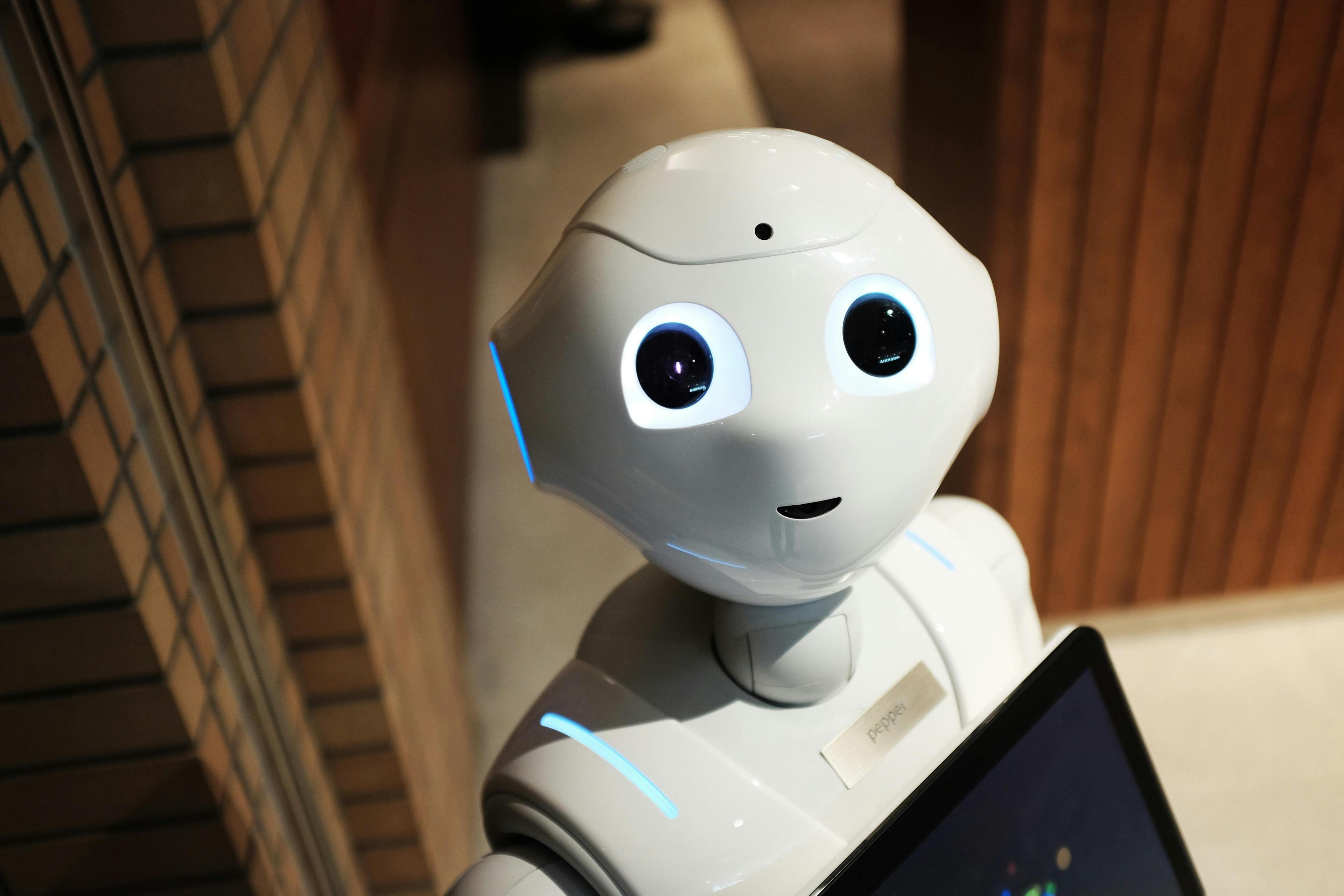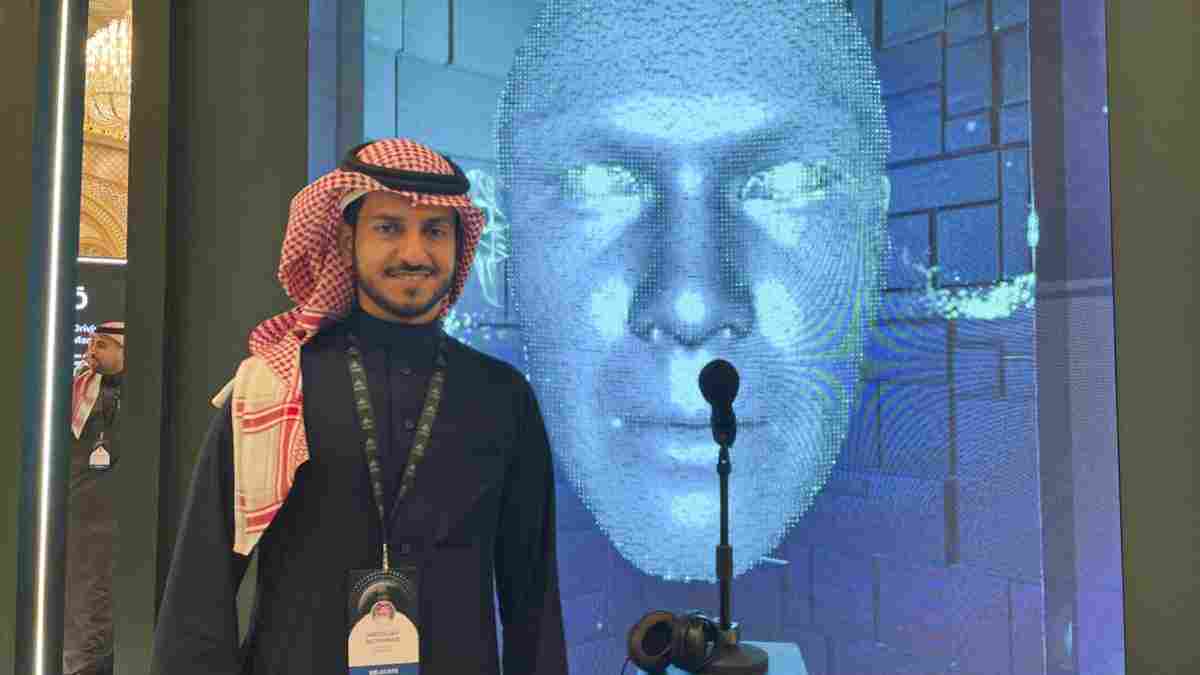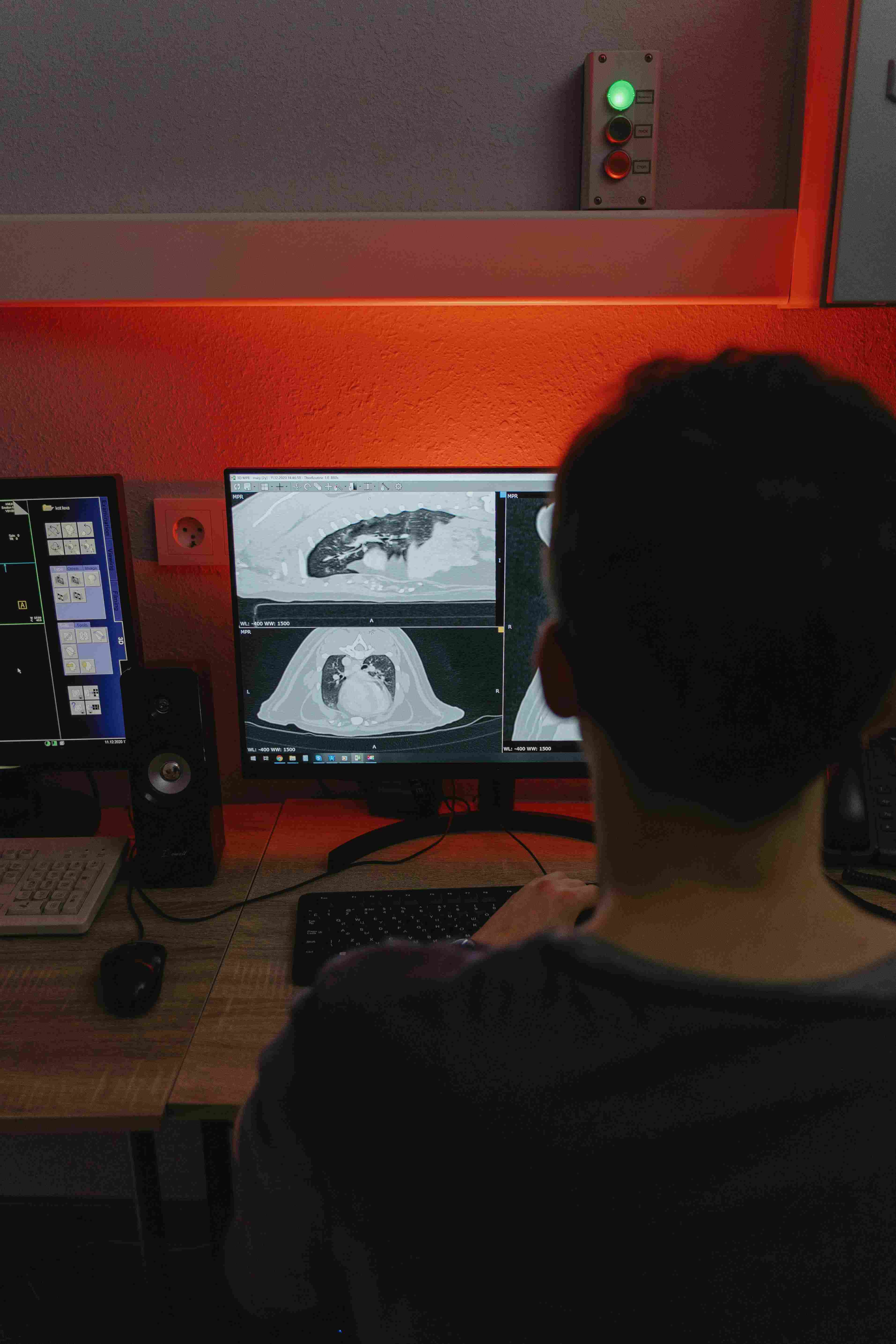
(Enmaeya News) — The idea that artificial intelligence could one day become conscious is no longer just science fiction. With AI systems now displaying human-like reasoning and creativity, the scientific debate over machine awareness is heating up.
Some researchers believe that consciousness could emerge naturally if AI systems become complex enough. They argue that if a machine can convincingly act as if it is self-aware and capable of subjective experience, it might actually be conscious—and should perhaps be treated as such.
Others strongly disagree, saying current AI simply mimics understanding by identifying patterns in data. These systems, they argue, do not truly experience anything and lack the inner awareness that defines consciousness.
The debate has gained urgency with growing talk of the so-called "technological singularity"—a hypothetical point where AI surpasses human intelligence and begins improving itself at a rapid, uncontrollable pace. Some warn that a conscious AI with unchecked power could pose serious risks. Others believe that if developed responsibly, it could bring major benefits to society.
Researchers are now working to build frameworks for evaluating whether an AI system is conscious. But measuring subjective awareness remains deeply challenging. As AI advances, these philosophical questions are becoming pressing real-world issues—forcing scientists, ethicists, and policymakers to rethink what it means to be intelligent, or even alive.







